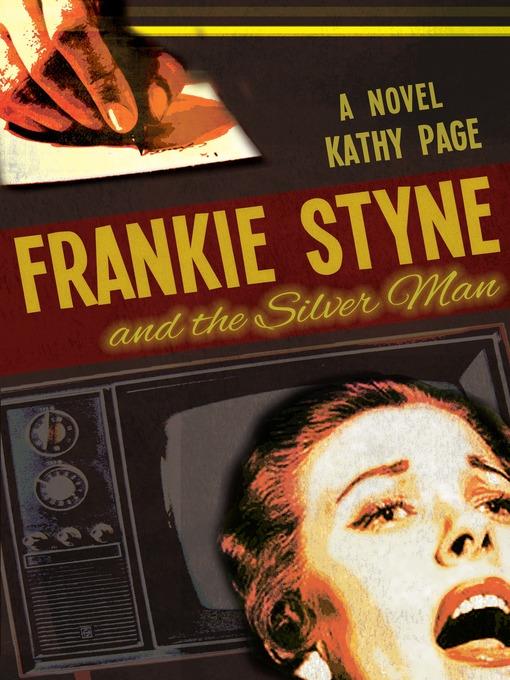
Frankie Styne & the Silver Man
کتاب های مرتبط
- اطلاعات
- نقد و بررسی
- دیدگاه کاربران
نقد و بررسی

November 30, 2015
In this early novel from Page (Alphabet), first published in the U.K. in 1992, Frankie Styne—a pseudonym taken from the mangled version of Frankenstein that children taunted him with in the schoolyard—is a disfigured author of violent bestselling novels. After his publisher unexpectedly nominates one of his books for a literary prize, the introverted Frank is overwhelmed, viewing it as a petrifying “process of change” that will expose him to the world. Like Frank’s fiction, this book has the trappings of great pulp, as Frank hatches a grotesque plot against his agent: “What could you do to revenge yourself on... someone who could dictate a gush of words that would leave someone else—him—reeling?” Paralleling Frank’s own circumstances, Page’s novel plays with this concept of high literature versus pulp fiction conceits by contrasting Frank with Liz, a young mother with a beautiful but nearly brain-dead baby (the Silver Man). Practically more Liz’s story than Frank’s, Page’s novel never quite pays off. It is unbalanced in execution, its ending both weirdly abrupt and unearned. This imbalance isn’t fatal; Page’s prose is vivid and alive, with nary a scrap of throwaway writing to be found. Yet the ultimate success of the novel lies in its individual moments, not in its whole.

Starred review from September 15, 2015
A pulp-fiction writer, an unwed mother, and a couple with marital problems live as neighbors in connected town houses and correct course in their contiguous lives. Page (Alphabet, 2014, etc.) builds layers of meaning into her exquisite writing. Her favored themes are here-the stark dichotomies of life, the power of language, the way the social system tries and fails to help people, and how saving grace can come from unseen places. Page sets a theatrical stage of three connected homes, with young unwed mother Liz Meredith living in the middle under the watchful eye of a social worker, Mrs. Purvis. Liz stays up late at night listening to the arguments, the sex, and the reconciliations of her neighbors Alice and Tom while feeding her newborn son, Jim. On the other side of Liz's house, novelist Frank Styne, disfigured from birth, follows precise routines and writes another book. He is shortlisted for the Hanslett Prize and dreads it, fantasizing a hideous revenge on his agent for the embarrassment of his now-very-public persona. While he writes his pulp, Liz ruminates about her son's silence. Jim has Spinney's syndrome and will never speak. She adores her baby in spite of this hardship and calls him the Silverboy who will one day become a silver man-the silver lining her beloved Grammy talked about. This is a pained and damaged clutch of people living within hearing distance, drawn into each other's lives. "Other lives. It was frightening to think of. Because anything was possible. Really anything," Page writes. The options come quickly at the end, and "anything" does transpire, all because Liz stayed the course, true to herself and to her "silly boy." Page is a fierce writer; her relentless imagination and pure writing skills bring a broken, nightmare world fully to life.
COPYRIGHT(2015) Kirkus Reviews, ALL RIGHTS RESERVED.

























دیدگاه کاربران